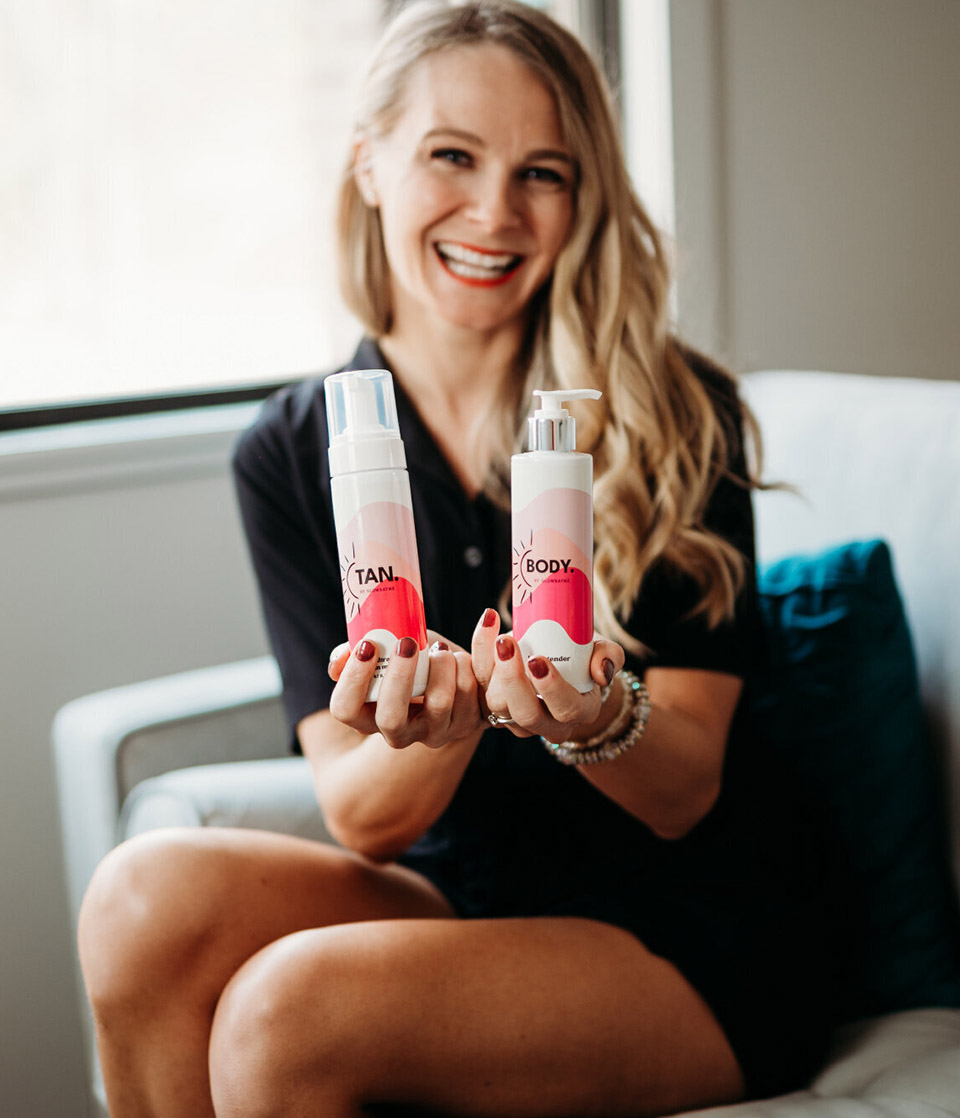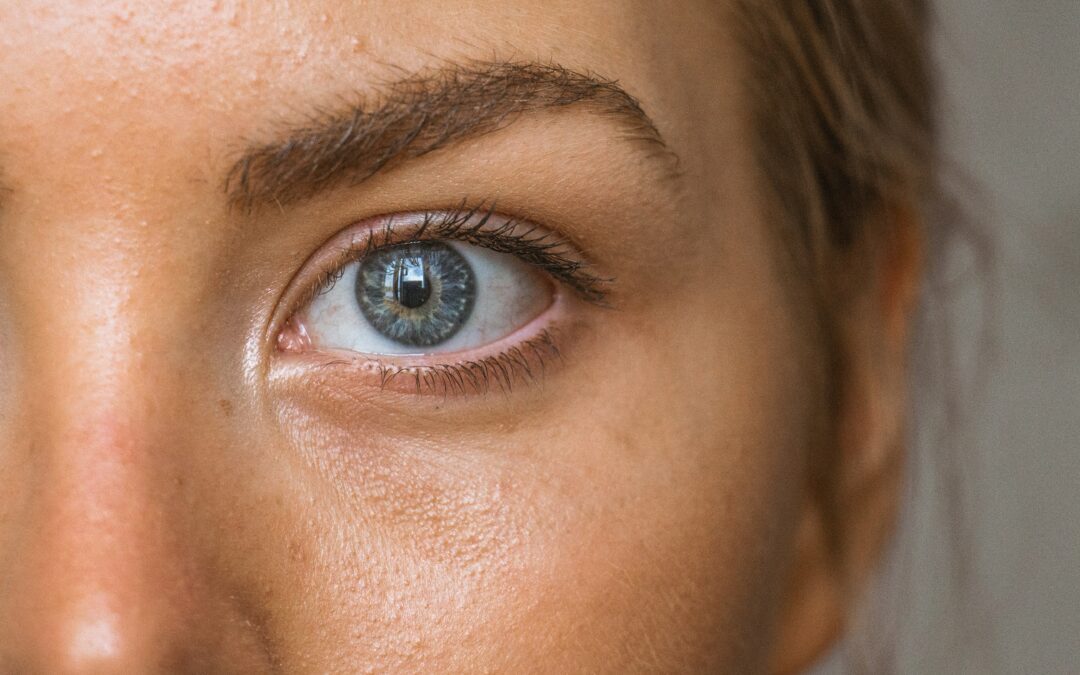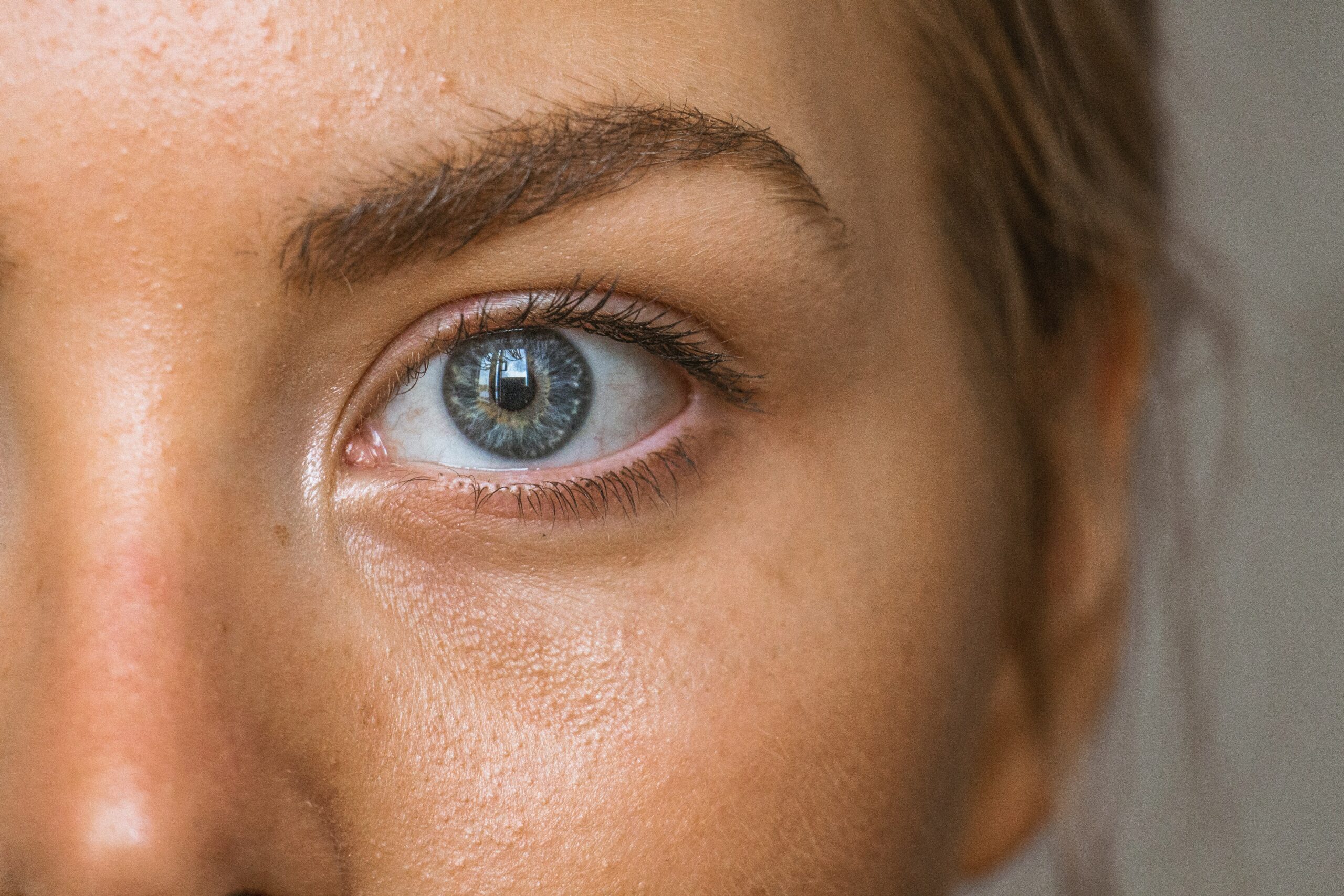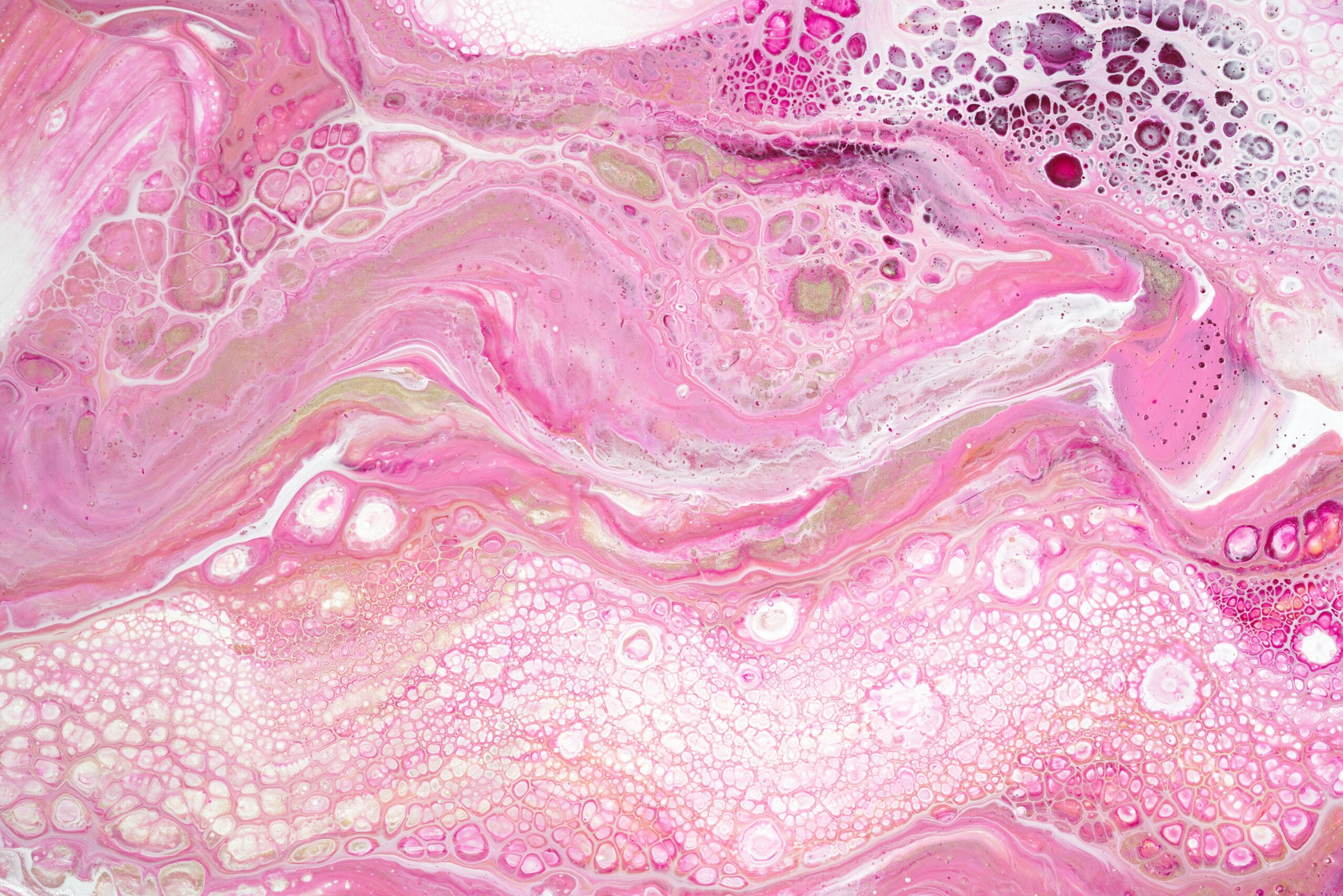Unveiling the Mysteries of Your Skin Microbiome
Understanding the Skin Microbiome
Understanding the Skin Microbiome
The skin microbiome is a complex ecosystem of microorganisms that live on our skin, playing a crucial role in skin health and protection.
What is the skin microbiome?
How does the skin microbiome affect skin health?
Can skincare products impact the microbiome?
How can I maintain a healthy skin microbiome?
Are there specific ingredients to look for in microbiome-friendly products?
What are the signs of an imbalanced skin microbiome?
Key Features of the Skin Microbiome
Natural Defense Mechanism
The skin microbiome acts as a natural shield, protecting against harmful bacteria and environmental aggressors. So in order to maintain a healthier skin microbiome, it’s essential to use ingredients that nourish the beneficial bacteria on your skin and help it defend against harmful bacteria. Incorporating ingredients like Fructooligosaccharides, Trehalose, Sorbitol, and Lactobacillus ferment into your skincare routine can support this balance.
Let’s break it down a bit further…
- Fructooligosaccharides (FOS): These are a type of fiber found in some fruits, vegetables, and grains. They act like food for the good bacteria on your skin and in your gut, helping them grow and thrive. It’s like giving the healthy bacteria a boost to stay strong and fight off harmful ones!
-
Trehalose: This is a natural sugar found in foods like mushrooms and seaweed. It helps keep your skin hydrated and protects it from damage. Trehalose can also help the skin’s good bacteria stay healthy, making it easier for your skin to stay balanced and protected.
-
Sorbitol: Sorbitol is a sugar alcohol that’s commonly found in fruits like apples, pears, and peaches. It works as a moisturizer, drawing water to the skin and helping to keep it soft and hydrated. It can also support the skin’s microbiome by creating an environment where good bacteria can thrive.
-
Lactobacillus: This is a type of “good” bacteria commonly found in fermented foods like yogurt, kefir, kimchi, sauerkraut, pickles, miso and kombucha. Lactobacillus can help balance the skin’s microbiome by promoting the growth of healthy bacteria, which can protect your skin from harmful bacteria and keep it clear and healthy.
Balance and Harmony
For a healthier skin microbiome, start by using a gentle cleanser, especially on your face, which is more exposed to the elements and tends to be more sensitive. Avoid cleansers with strong antibacterial properties, as they can wipe out both harmful and beneficial bacteria, leaving your skin barrier unprotected. Stay away from ingredients like alcohol, triclosan, and harsh soaps that strip your skin of its natural oils. Also, avoid using hot water on your face—it can dry out your skin and damage the healthy bacteria that help protect it. Instead, stick to lukewarm or cooler water to keep your skin balanced.
When it comes to exfoliating, don’t overdo it with physical scrubs, as they can cause irritation, redness, and even inflammation. Over-scrubbing might also contribute to acne. If you want to exfoliate, consider using a chemical exfoliator, like lactic acid (a postbiotic), which is gentle and helps your skin rebalance without causing harm.
Diversity
The diversity of the skin microbiome is one of its most defining features. The human skin, being the body’s largest organ, provides a variety of environments that support different types of microorganisms, which thrive under different conditions. This variation in microbial communities across the skin is crucial for several reasons:
1. Different Microbes for Different Areas
- The skin has different types of microbes for different areas (moist vs. dry). For example, your armpits host moisture-loving microbes, while your arms support dry-loving ones. Each microbe fits its environment.
2. Microbial Protection & Balance
- The good microbes on your skin keep harmful ones in check by competing for space and resources. This helps prevent infections, irritation, and conditions like acne or eczema.
3. Support for Skin Health & Immune System
- Your skin’s microbes work with your immune system to keep inflammation in check and protect your skin from external threats. They’ve co-evolved with humans to help maintain skin health and prevent diseases.
Top Products to Support a Healthy Balance
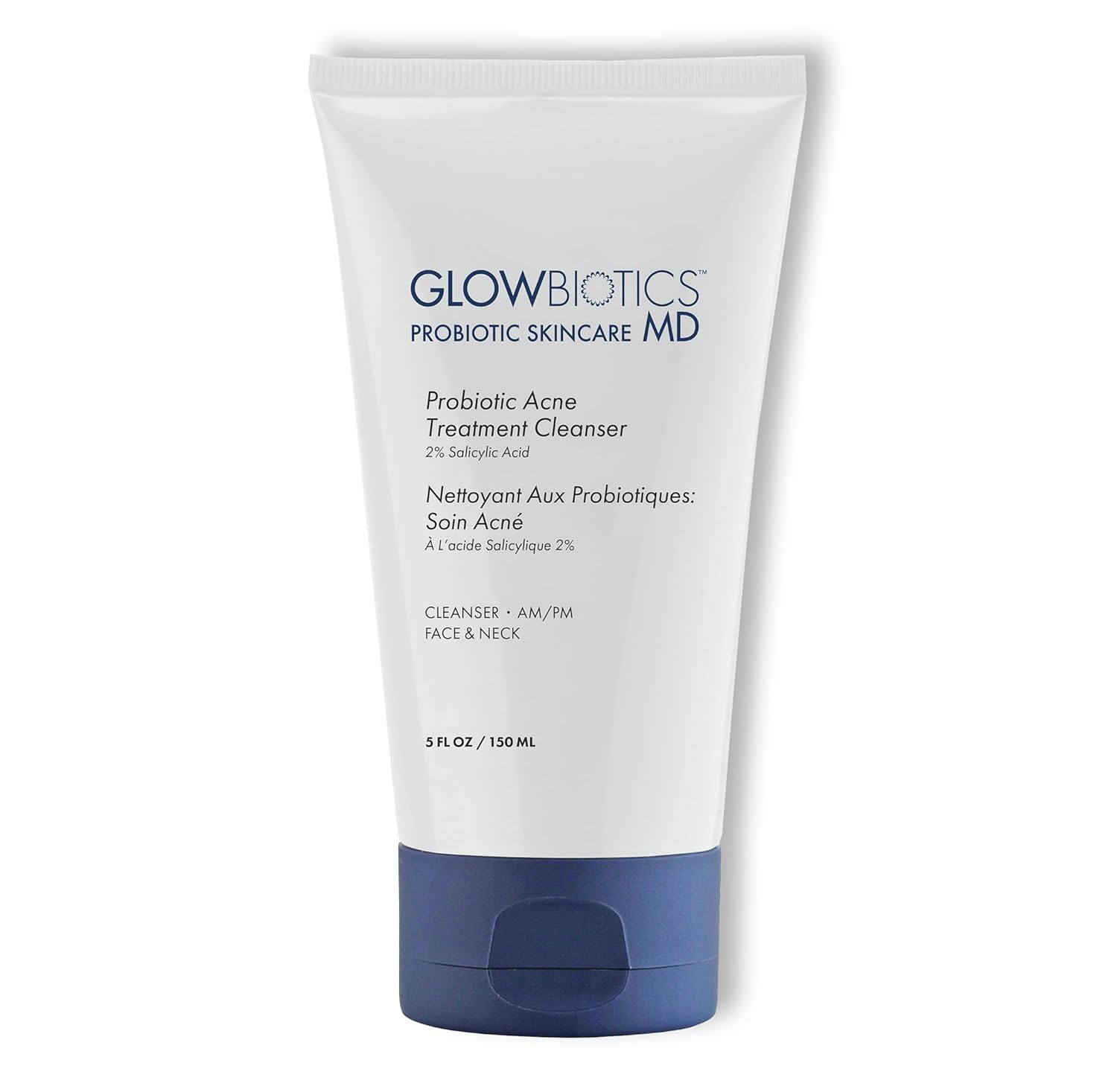
Glowbiotics Probiotic Acne Cleanser
This multi-benefit cleanser combines the power of 2% Salicylic Acid with hydrating and soothing ingredients to clear breakouts, refine skin texture, and maintain a healthy, balanced complexion—without stripping moisture.
Hydrates & nourishes
Strengthens skin barrier
Soothes & calms
Clears and prevents breakouts
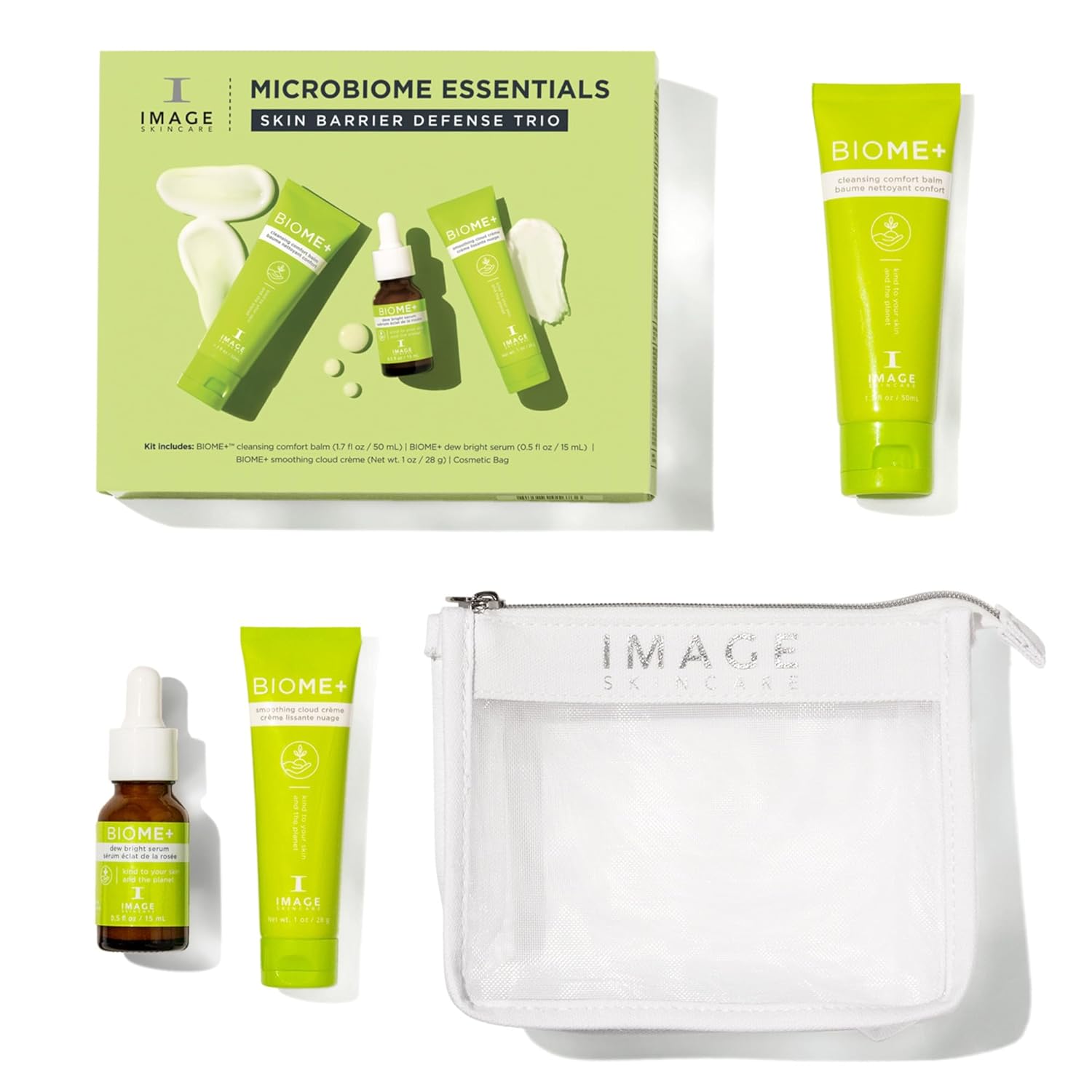
IMAGE Skincare Biome+ Kit
Ashwagandha, an adaptogenic plant, helps to reduce moisture loss and leave skin with a healthy glow
Formulated to respect and reinforce the skin's natural barrier
Nurtures, comforts, and brightens skin
Suitable for All Skin Types
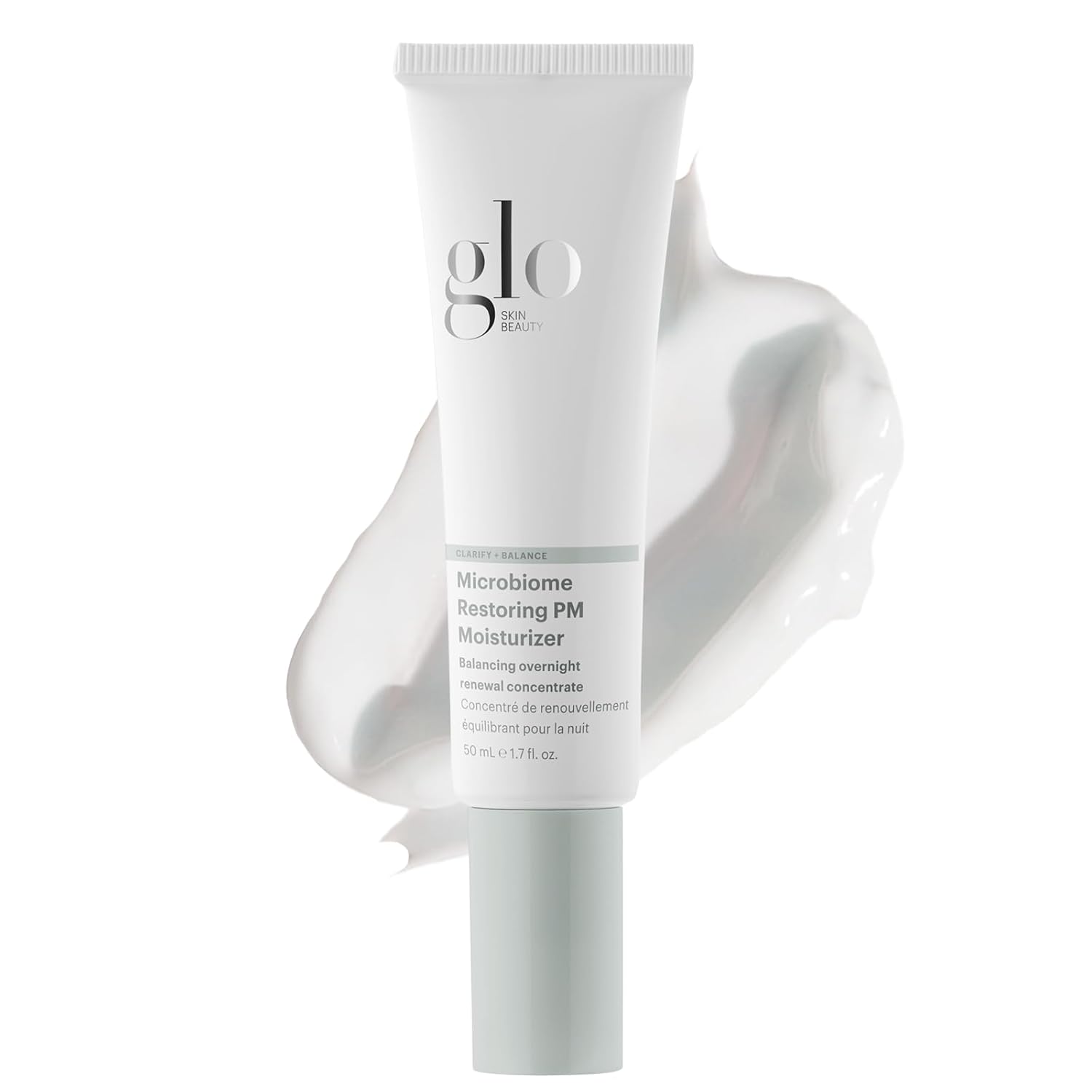
Microbiome Restoring PM Moisturizer
Oil-free gel formulation
Plumps skin without clogging pores
Replenishes skins microbiome
Clarity boost for acne-prone skin
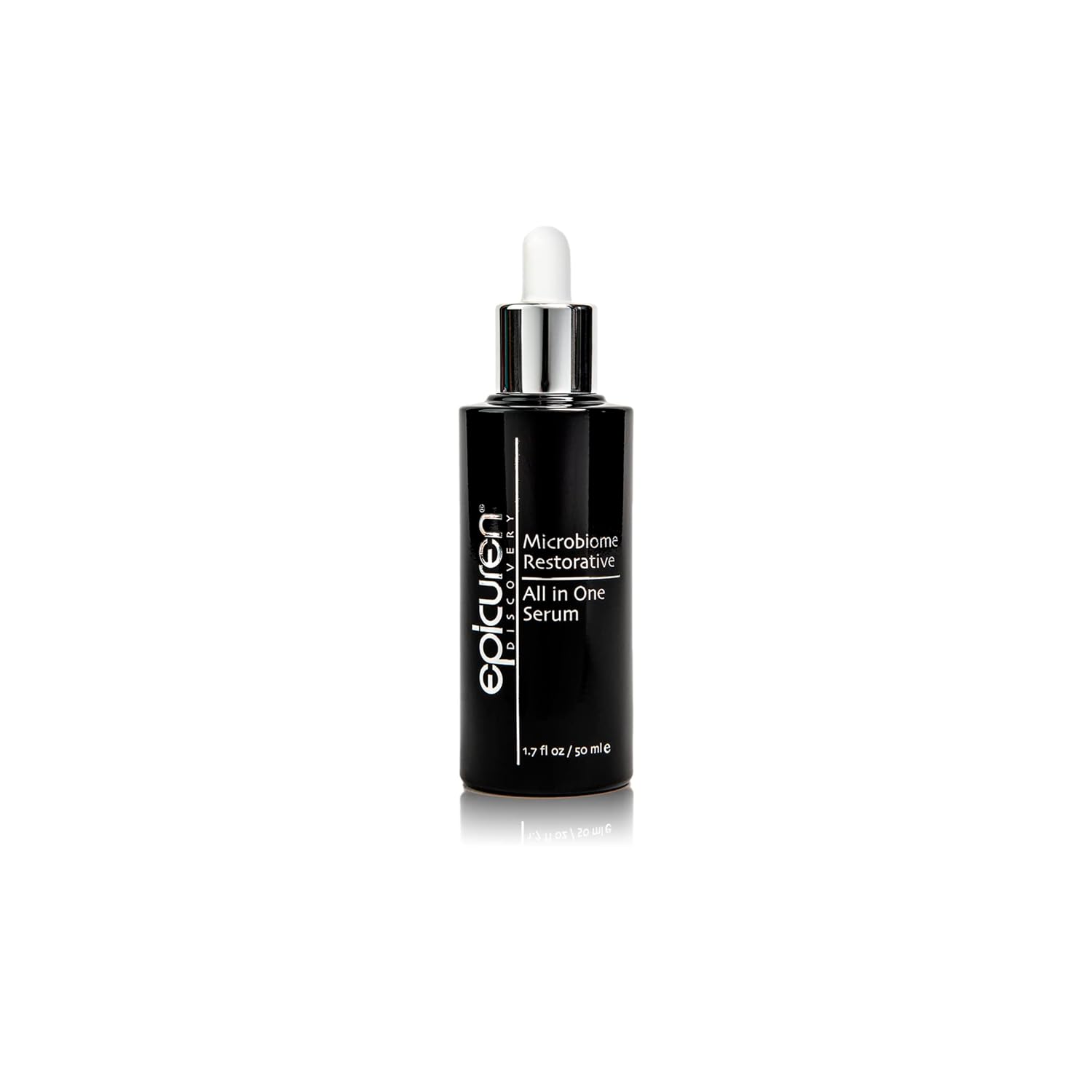
Epicuren Discovery Microbiome Serum
The holy grail of serums, this all-n-one serum combines prebiotics, postbiotics, probiotics, antioxidants, and skin brighteners to promote healthy, balanced skin.
Nourishes & brightens skin
Excellent for problematic/ sensitive skin
Sweet cherry extract
Rich in antioxidants
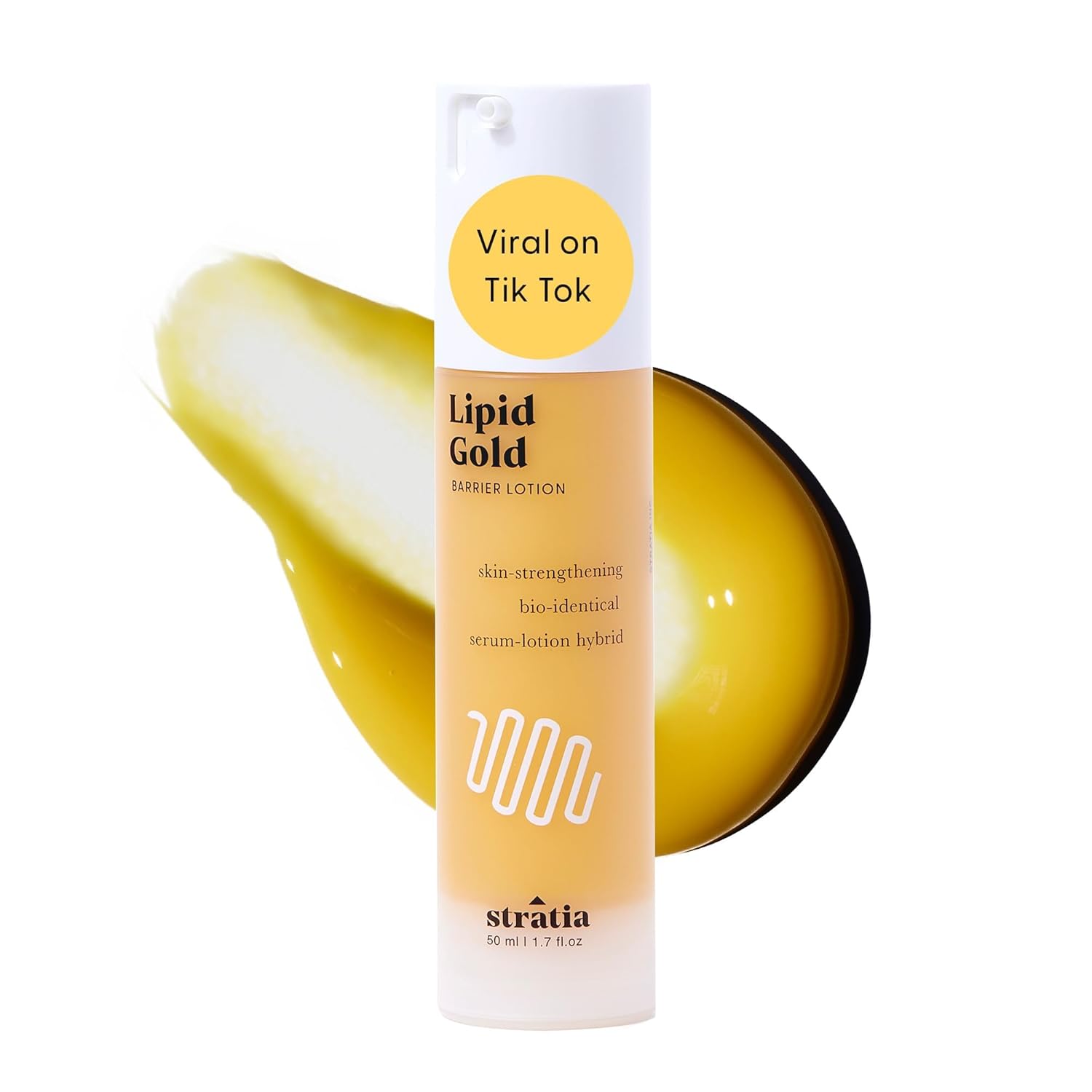
Stratia Lipid Gold Skin-Strengthening Moisturizer
Hydrates and strengthens skin
Restores the natural moisture barrier with ceramides, cholesterol, and fatty acids
Ideal for dehydrated or over-exfoliated skin
Improves texture and fades dark spots with sea buckthorn oil and niacinamide
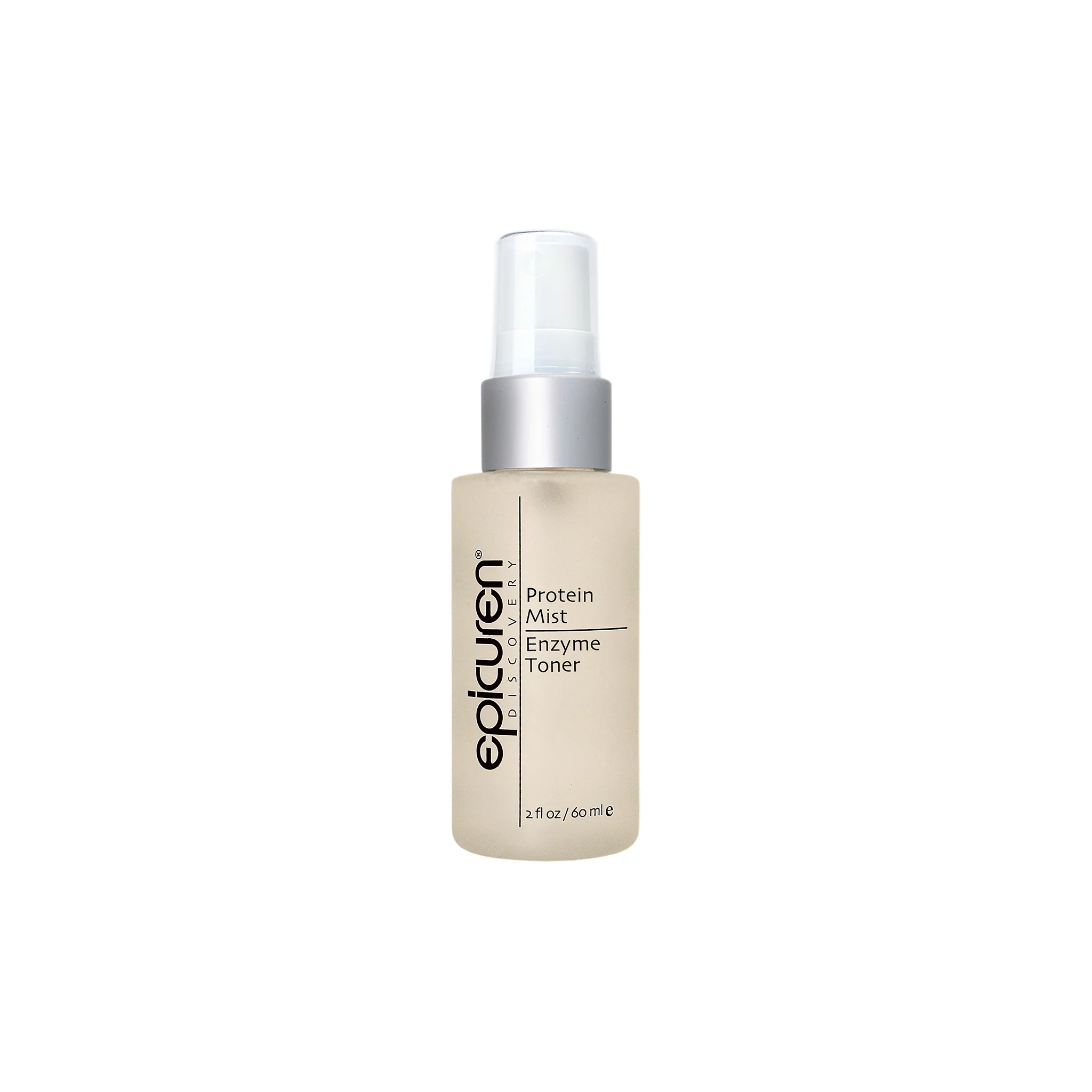
Epicuren Discovery Protein Mist
Nourishes & brightens skin
Antioxidant properties
Bearberry leaf extract
Suitable for all skin types
Disclaimer: I am a licensed esthetician with extensive experience in skincare; however, the information provided on this blog is for educational and informational purposes only. While I may discuss the relationship between nutrition, diet, and skin health, I am not a registered dietitian or nutritionist. Any dietary or nutritional changes should be discussed with a qualified healthcare professional or registered dietitian to ensure they align with your individual health needs. Always consult with a dermatologist, healthcare provider, or licensed professional before making any changes to your skincare or wellness routine.
Explore Our Latest Blog Posts

Interview with Dr. Zain Husain, MD
In depth interview with Dr. Zain Husain, MD of Noor Dermatology in Cary, North Carolina
